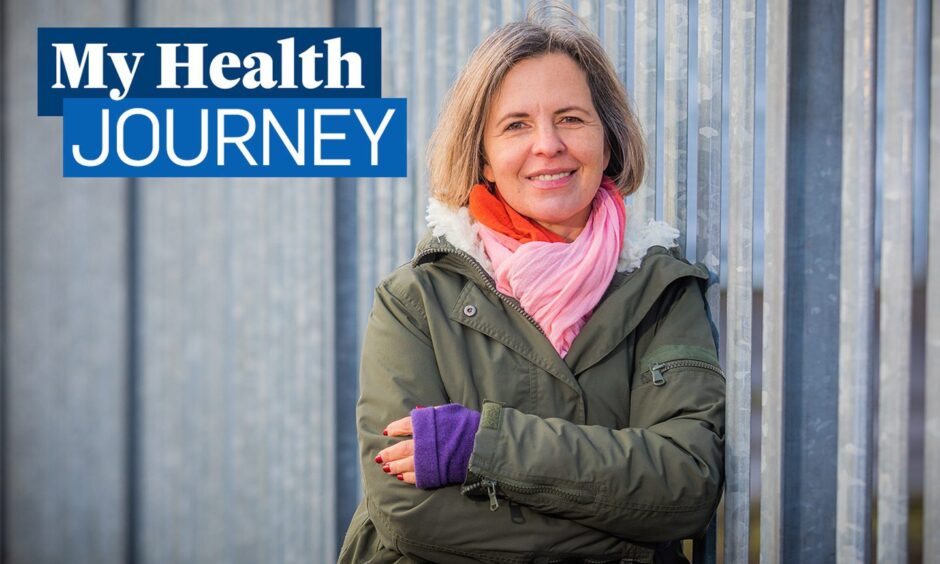
The last thing Esther Stielow remembers is sitting in a cottage in Dunkeld chatting with a friend before her life changed forever.
Two days later she woke up in Ninewells Hospital in Dundee and found she couldn’t move her right hand and was unable to speak.
The then 50-year-old mum-of-two from Perthshire was told she had had a stroke.
She also had to have emergency surgery to ease the pressure on her brain after suffering a brain bleed.
As a result she developed epilepsy.
“I remember nothing of the first week in hospital,” Esther recalled.
“The first memory I have is from the second week when I realised something had happened to me, and a doctor told me I had suffered a stroke.
“I found I couldn’t move my right hand, but worse than that, I couldn’t speak.”
Due to the stroke, the 52-year-old now has aphasia – a communication disorder which affects speech and language.
It is usually caused by damage to the left side of the brain after a stroke.
Becoming emotional as she remembers, Esther, who still struggles with her speech, said: “I didn’t realise that a stroke could happen to someone so young.
“It happened just a month after my 50th birthday.
“I was in and out of consciousness for days and I had no idea what had happened to me.
“It was also hard because I couldn’t have any visitors as it was during Covid.”
What happened when Esther had a stroke?
Esther is originally from Germany but has lived in Scotland for the past 26 years.
Just under three years ago Esther had been in a cottage in Dunkeld, Perthshire when a friend noticed something was wrong.
“I had dribbled on my chin and the next thing I collapsed, unconscious.
“I was then immediately rushed to Ninewells. Everything changed in my life from that moment.”
She spent two months in hospital recovering from her stroke, first at Ninewells and then at the city’s Royal Victoria Hospital.
Her rehabilitation started in Ninewells with learning to walk again and she had support from occupational therapy.
But the hardest part was not being able to communicate.
After the stroke, she found that she had to learn to speak again and re-learn not just one, but two languages – English and her native German.
“I didn’t have the speech I have now. I couldn’t speak at all.
“It was so frustrating because I had the thoughts in my head but I couldn’t get the words out.”
Stroke support in Perth for mum Esther
Esther was able to get help from a speech and language therapist through the NHS and she has also had support from the charity, Chest Heart & Stroke Scotland.
“The scariest time is when you are leaving hospital after having your stroke because you don’t know what’s coming next.
“But I was fortunate that Chest Heart & Stroke Scotland got in touch with me as soon as I got home, so I never felt alone. I felt supported from the start.”
“I couldn’t hold a conversation at first or tell the time,” she explained.
“But with a lot of help and support from my family, the NHS and the charity, I have made so much progress.
“It was through Chest Heart & Stroke Scotland that I was able to take part in a six-week speech and language study run by Strathclyde University last year.”
The charity also invited Esther to join its writing and reading group in Perth.
Esther continued: “I’m a member of the CHSS group that meets in Perth theatre every Tuesday.
“We do writing and speaking exercises, and I even get homework to do.
“All of these groups and therapies have helped me a lot with my confidence and be able to talk about my stroke.
“They have also allowed me to meet other stroke survivors and exchange stories with them.”
She added: “My recovery is a work in progress and I am learning every day.
“I still struggle with my words and my writing. I can just about manage a shopping list, but I am not writing in sentences.”
Esther’s epilepsy diagnosis after stroke
As well as going to the charity’s local writing and reading group, Esther has also joined a new CHSS walking group every Thursday which meets at South Inch in Perth.
She said: “It’s lovely to be in the company of people who have had a similar experience.
“Sometimes there are a few tears because things can be tough when you’re recovering, but mostly we laugh and enjoy the exercise and being with each other.”
For the past two years Esther has also taken part in the Loch Leven Walkathon to raise money for Chest Heart and Stroke Scotland.
The year’s event, held in May, saw incredible £20,850 collected by participants who pulled on their walking boots to walk 7k, 12k or 13 miles of the Loch Leven Heritage Trail.
In October, Esther joined a gym – Barr Fitness in Blairgowrie. She has been given her own workout programme which she has been doing to build up her fitness and strength.
And this year Esther also managed to drive again after losing her driving licence following her epilepsy diagnosis.
“The scar tissue in my brain surgery caused epilepsy,” she said.
“I had a lot of seizures, especially in the first year after the operation.
“I had to go for tests, was given medication and after a long process, I finally got my driving licence back in July this year.
“It has been great to be able to get my independence back.”
Today Esther is adapting to her new normal, boosted by the return of her driving licence.
She is doing a lot better and is able to work a few days a week in her family’s mobile pizza van, Stielow Pizza Co, from Inveralmond Industrial Estate outside woodburning stove firm Burning Question.
She works alongside her ex-husband Alex.
And Esther is also supported by her two children son, Lewis, 22 and daughter, Ida, 19.
She said: “I’m fortunate that I work in the family business.
“I have been able to return to working a couple of days a week – that is important for me. I am still contributing but I am not under pressure.”
‘Don’t give up’
Challenges remain for Esther, but the support network around her gives her confidence for the future.
“Physically I am still affected – I often feel fatigued later in the day, and I feel anxious and depressed at times.
“It is an ongoing challenge but I would tell anyone else who has had a similar experience not to give up.
“Keep on pushing and accept all the help you can get.”
She added: “Meeting other stroke survivors has also helped me as it made me realise I wasn’t alone.”
Allan Cowie, chief operating officer at Chest Heart & Stroke Scotland, said: “It is our privilege at CHSS to be able to support people like Esther in their recovery.
“We hear time and again from our service users that the support they receive from us can be life-changing.
“The sense of community they get from meeting with other people who are also living with chest, heart and stroke conditions is invaluable.
“We are hugely grateful to Esther for sharing her story to let other people know what recovery from stroke can look like.”
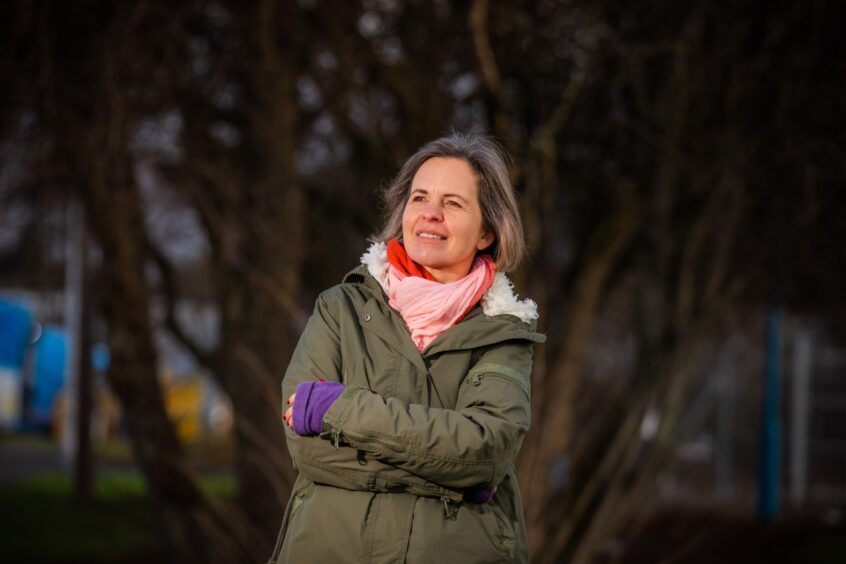
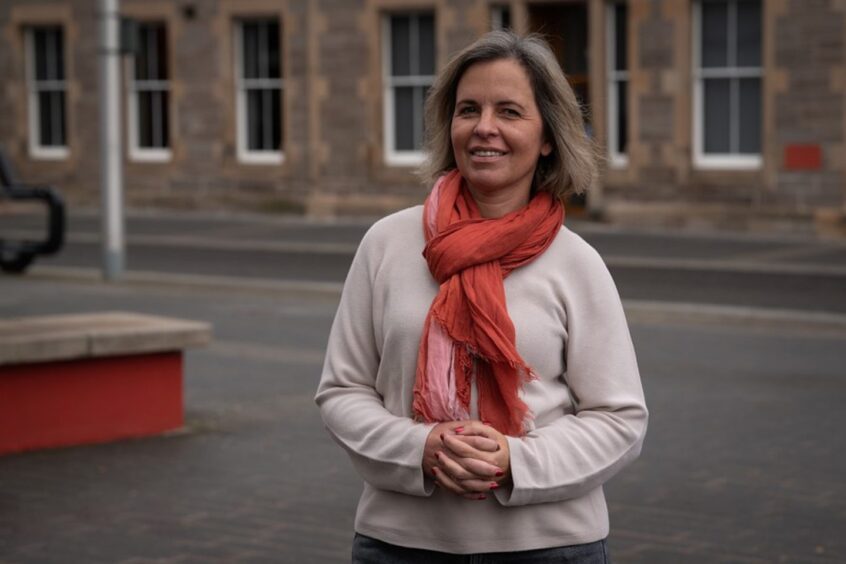
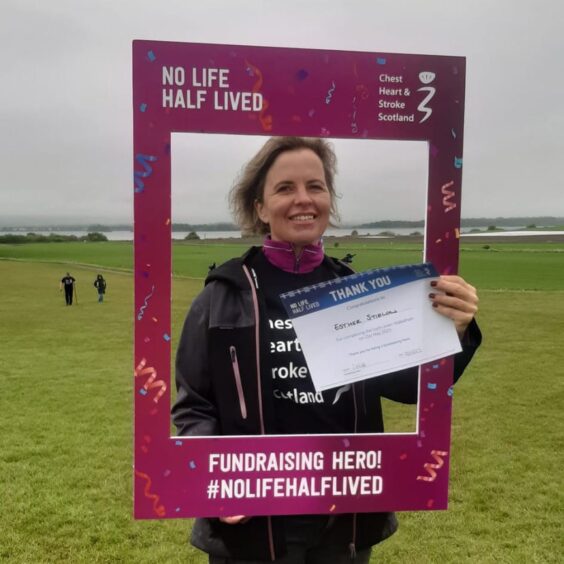
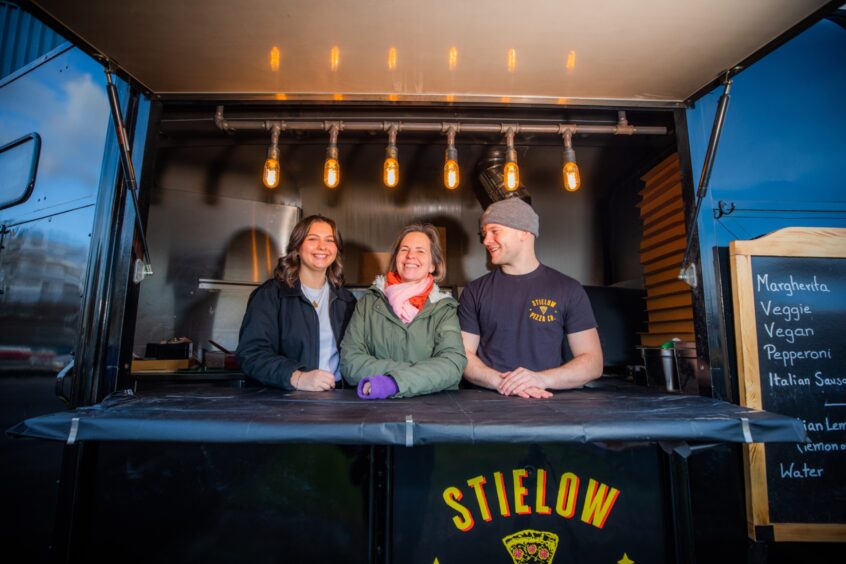
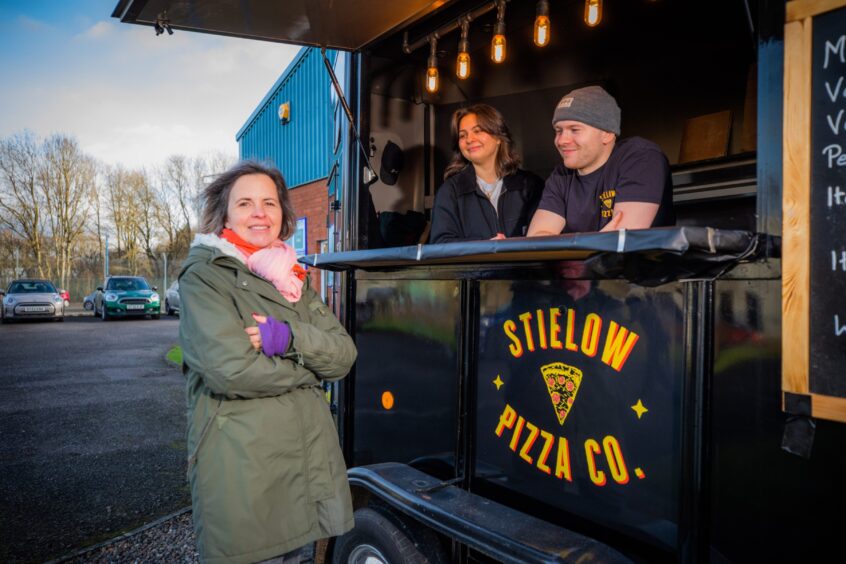



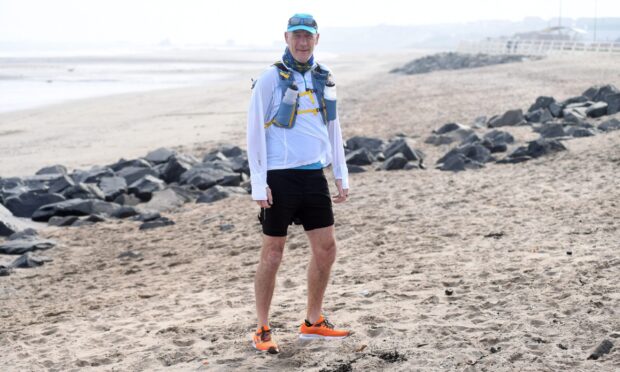
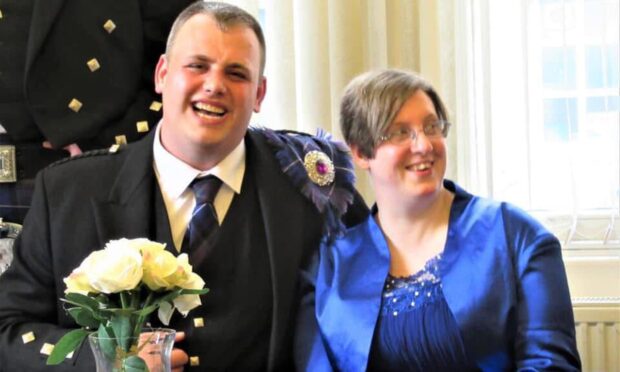
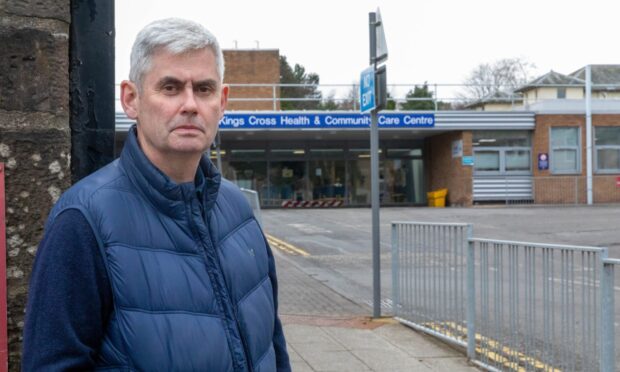
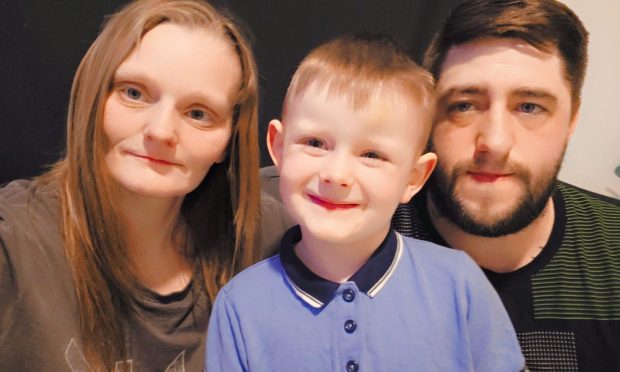
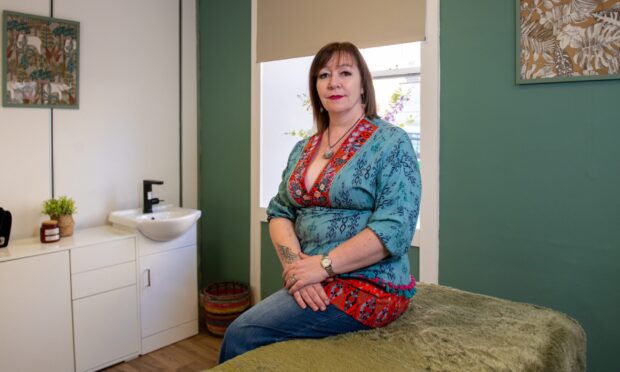
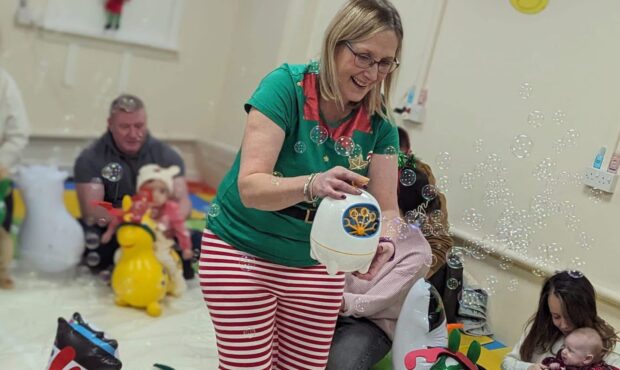
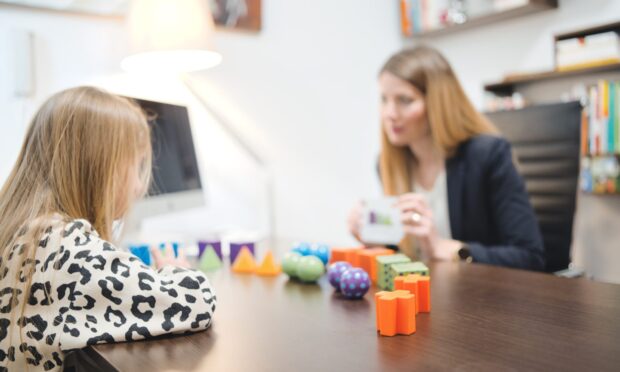
Conversation